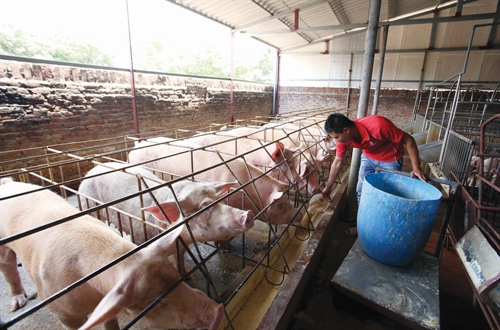Vietnam would cut or simplify at least half of business conditions and lessen requirements in the areas of investment, land, construction, tax payment and social insurance so as to reach a mark equaling the average level of ASEAN-4 countries in the World Bank’s Doing Business survey by 2020.
It is one of the targets set out in a draft governmental resolution on the action program to reduce compliance costs for businesses prepared by the Ministry of Planning and Investment (MPI).
As per the draft, the Government will pursue the objective of slashing unreasonable compliance costs, considerably cutting unofficial costs for businesses, creating a business environment with low, stable and predictable costs, and encouraging investment, market entry and competition.
The cabinet will also strive for the target that by 2020, the rate of businesses having to pay unofficial costs will reduce by 50 percent, information on inspections and examinations and the results thereof will be published on websites of competent agencies, and tax and social insurance costs of business will be cut to the average level of ASEAN-4 countries.
In order to achieve the above goals, the draft resolution requires ministries and sectors to strictly follow Resolution 01 of 2018, cutting and simplifying half of business investment conditions, reviewing and revising technical regulations along the line of abolishing provisions imposing business conditions such as requirements on personnel or physical foundations.
The MPI would, in coordination with other ministries and sectors, revise the Investment Law, clarifying the concept and connotation of the phrase “business condition” so as to create grounds for evaluation and monitoring of regulations on conditional business lines.
Ministries, sectors and localities would properly implement the Law on Support for Small- and Medium-Sized Enterprises, thus helping enterprises access resources thus reducing their production and business costs. Besides, they would study and seek solutions for creating favorable conditions for local businesses to access funding sources provided by international financial institutions. Loan guarantee rules would be amended along the line of allowing enterprises to use assets formed on agricultural land as collaterals for borrowing money from banks.
Provincial administrations would consider reducing charges and fees concerning land use and natural resource exploitation and, at the same time, make public all information on grounds for charge and fee calculation.
Regarding unofficial costs, ministries, sectors and provincial People’s Committees would have to provide guidelines on law compliance in sectors under their management. Laws governing business activities must be easy-to-understand and easy-to-observe. Laws would be applied uniformly without any discrimination. Meanwhile, unclear regulations, if any, must not be interpreted in a way unfavorable to businesses.- (VLLF)









